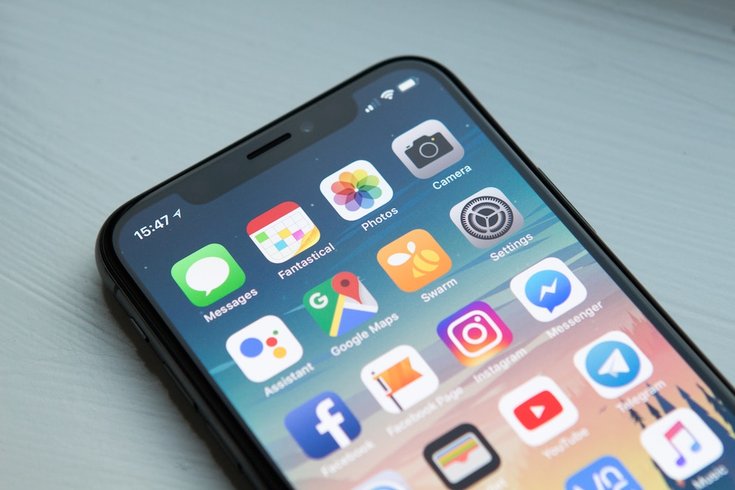
June 06, 2019
 William Hook/Unsplash
William Hook/Unsplash
Private health data may be exposed without your knowledge or consent.
Apps can be a great tool for those who are trying to lose weight, eat healthier or exercise more, namely because of their convenience — our phones are almost always just inches away from us.
So while a recent study found a free smartphone app helped promote weight loss in a low-income group, recent data leaks involving some health-related — and some not — apps may make them less appealing to people who could benefit from them.
Some apps have even been found to sell our private health data.
RELATED READ: LabCorp: 7.7 million customers' affected in data breach of bill collector
CBS News talked to Gary Bennett, director of the Duke Global Digital Health Science Center:
While these apps have yet to reach their full potential, Bennett says there are already risks to consider. His greatest concern, he said, is "whether these data can be used to make judgments about the kinds of treatments and programs we have access to-- whether we can get insurance, how much we're charged for insurance. We can use health data to learn a lot about a person."
According to Bennett, the best protection to keep your private health information from being shared, sold or used in ways for which you did not consent, is to leave out or change personal data — like age — when plugging into apps. He adds, though, this may not be enough to protect your identity.